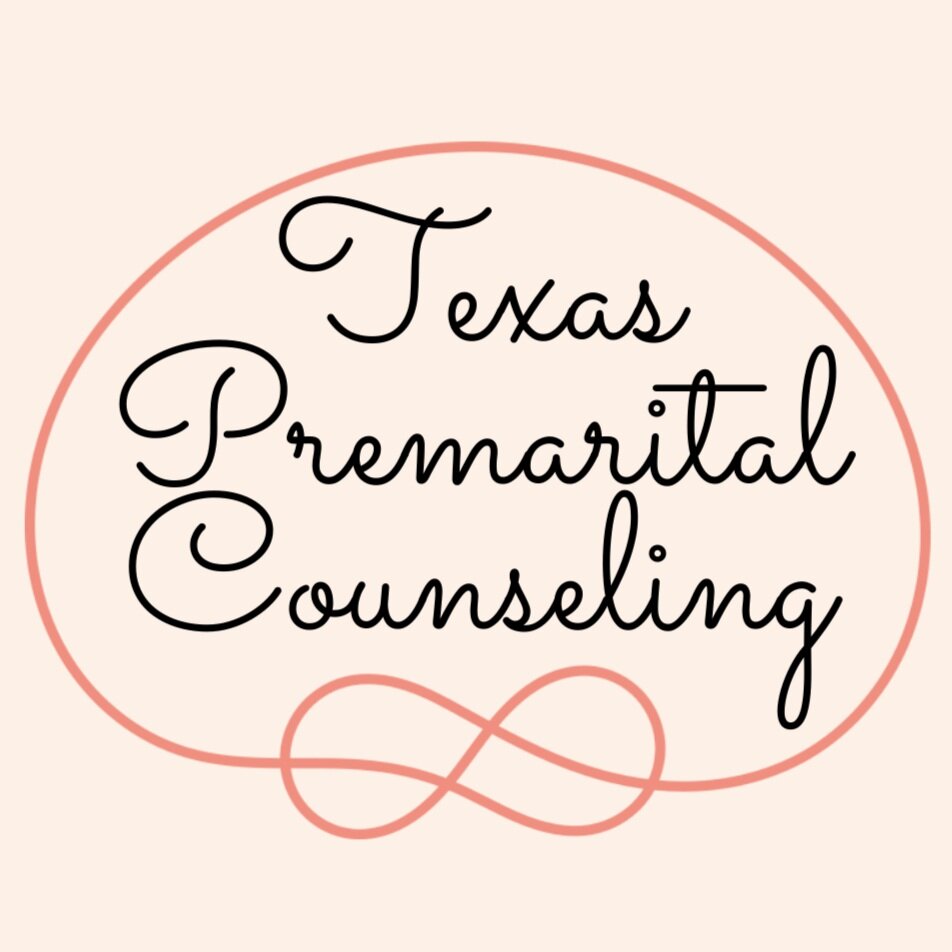Numbers Don’t Lie: The Statistics of Premarital Counseling
Many partners suggest going to couples counseling with the pitch that it “might be helpful”. Unfortunately, that’s super vague, difficult to conceptualize, and can even inspire defensiveness (i.e. “What do we need help with? Is something wrong with our relationship?”) For those of you who prefer numbers over qualitative data, here are some statistics to help you better understand premarital and couples counseling:
Fact: Premarital counseling was associated with a 31% decrease in the odds of divorce. (Stanley et. al. 2006)
That means: Couples who participated in premarital counseling were a third less likely to divorce.
Fact: People who participated in premarital counseling scored .15 of a standard deviation higher on marital satisfaction, .17 of a standard deviation lower on marital conflict, and .21 of a standard deviation higher on commitment. (Stanley et. al. 2006)
That means: Premarital counseling is associated with significantly happier marriages, less conflict, and greater commitment.
Fact: 93% of Americans rate having a happy marriage as one of their most important life objectives. (Waite & Gallagher, 2000)
That means: Almost all Americans share the life goal of a happy marriage.
Fact: The average American wedding costs $30,000 (the Knot) while investing in premarital counseling is just 5% of that.
That means: The average American gets married when they are 34, and lives until they are 79. If you divide the cost of premarital counseling ($1500) over the potential lifespan of that marriage (45 years), it works out to cost just .09 cents a day.
Fact: Couples therapy creates a positive change for 70% of couples. (Lebow et. al. 2012)
That means: More than two thirds of couples who participate in therapy report improvement.
Fact: When seeking traditional couples counseling, partners wait an average of six years of being unhappy before getting help. (Gottman)
That means: Couples who choose to wait to seek support senselessly endure more than half a decade of suffering before starting counseling.
Fact: The median amount of time in premarital counseling is 8 hours. (Stanley et. al. 2006)
That means: Premarital counseling is short-term, totaling only one standard workday, and divided into approachable hour-long segments.
No matter which way you slice it, preventative care can be a worthwhile investment. When something is very important, it’s only natural to want to take care of it. And, when making a big life decision, such as committing to a life partner, it’s strategic to cover your bases. Premarital counseling is an opportunity for couples to be intentionally curious, build deep intimacy, and develop empowering confidence.
